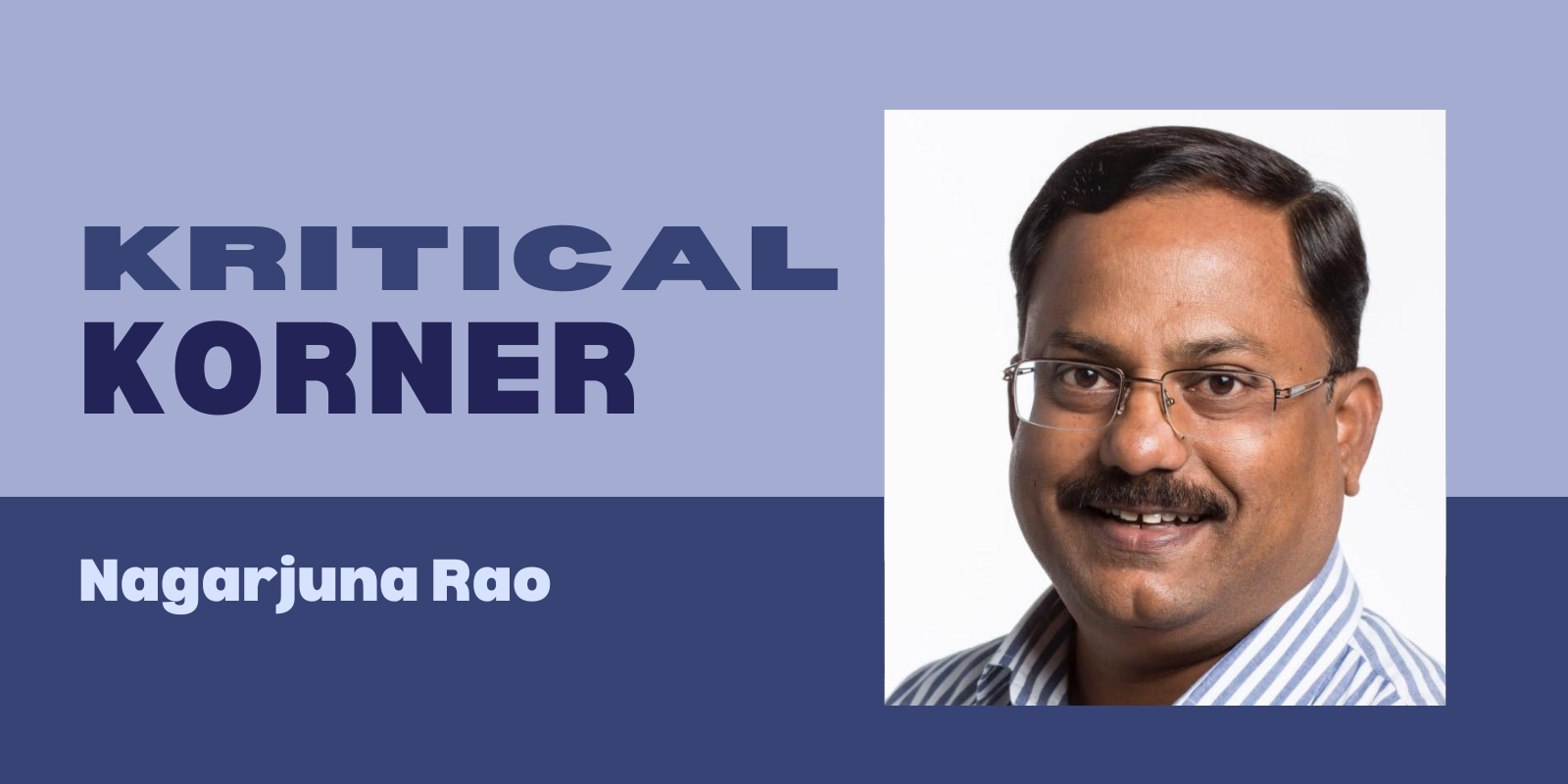India’s democracy is a celebration of the people’s voice, yet this voice often gets drowned in the constant cacophony of elections. The idea of ‘One Nation, One Election’ (ONOE) offers a breath of fresh air. Instead of the Election Commission being stretched thin with multiple polls every year, ONOE provides a unified electoral process that can reduce logistical chaos, free up resources, and save the nation significant sums of money.
Elections cost billions. Every state, district, and village becomes a polling battleground, with the government spending extravagantly on security, electronic voting machines, and manpower. For a developing country like India, these resources could be better utilised in addressing urgent needs such as health care, education, and infrastructure. ONOE offers a pragmatic solution by streamlining expenses.
Opposing for opposition’s sake?
While the opposition claims to stand for democracy, their resistance to ONOE often appears to stem from a fear of a level playing field. With simultaneous polls, smaller, regionally dominant parties lose the advantage of localised election cycles, where they can campaign without national-level competition. By aligning all elections, ONOE could challenge their territorial strongholds, forcing them to engage in broader, national debates.

Voter fatigue addressed
The average voter in India is fatigued by the constant election cycle. Every few months, campaigns disrupt daily life with rallies, noise pollution, and traffic snarls. ONOE ensures that the democratic process becomes more streamlined, efficient, and less invasive, giving citizens a chance to focus on issues rather than election fatigue.
Frequent elections disrupt governance, with ruling parties often prioritising populist measures over long-term policy goals. By consolidating elections, ONOE provides governments at both the Centre and state levels with a fixed five-year tenure to focus on implementing meaningful reforms without the pressure of constant campaigning.
ONOE is not just a logistical reform; it’s a call for a more efficient, financially responsible democracy. The opposition’s outcry against this proposal seems more like a fear of losing their fragmented advantages rather than genuine concern for democratic values. It’s time for them to rise above petty politics and support this progressive move that aims to enhance governance and save the exchequer millions.




